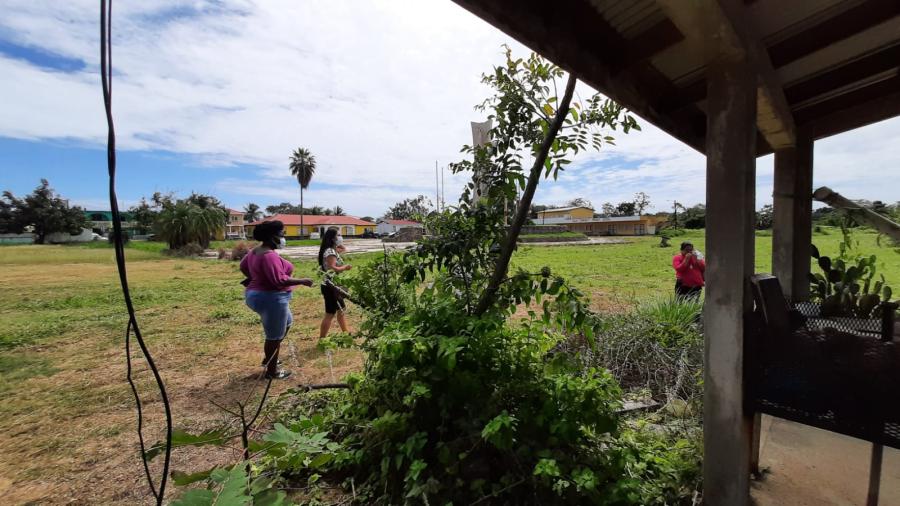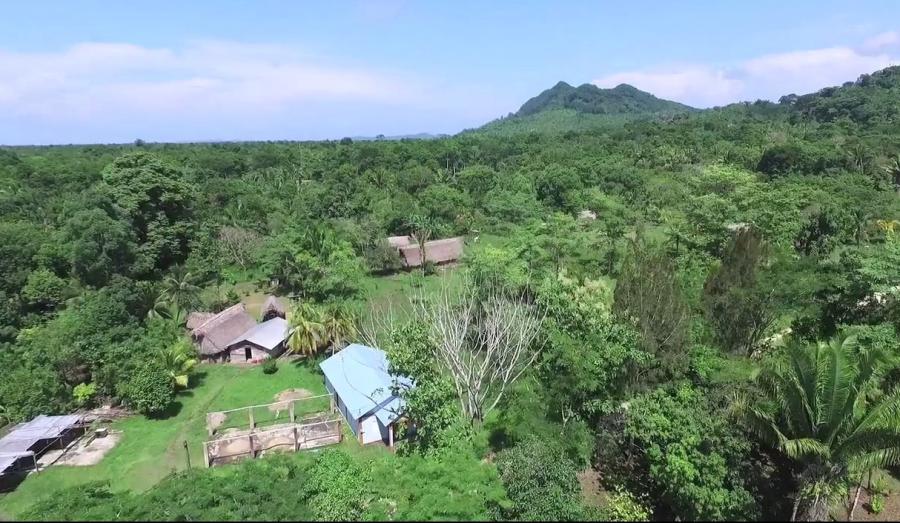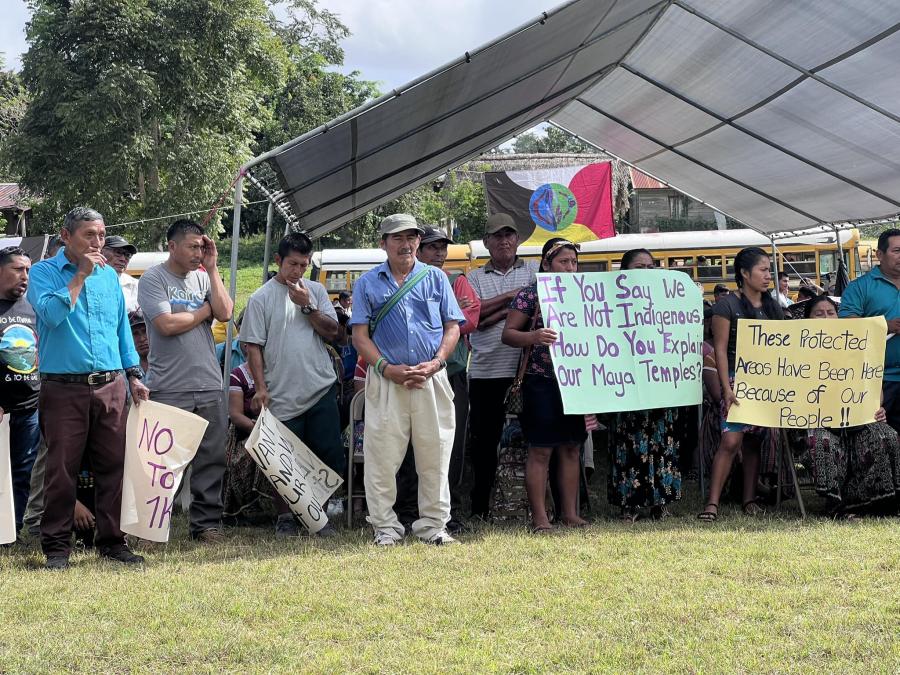
Reposted from News Five.
Representatives of Maya communities poured into the courtroom of Justice Michele Arana on the morning of April 3, 2014 where the Sarstoon Temash Institute for Indigenous Management (SATIIM) was awaiting a decision in its latest legal challenge. The judgment was brief and enlightened, with Justice Arana ruling in SATIIM’s favor and declaring that the decision to grant permission for road construction and commercial oil drilling in five buffer communities in the south was irrational, unreasonable, and unlawful. SATIIM sought recourse in the court because despite previous court rulings, U.S. Capital Energy has begun pre-drilling activities in the area. But the situation was fraught with tension because the oil company says it intends to continue with oil drilling activities.
The indigenous community of southern Belize has scored yet another significant legal victory in what can certainly be described as a long-drawn-out fight for respect as citizens of this country. The struggle for recognition of communal land rights is one which began in the Supreme Court several years ago. Despite successive judgments in their favor, the Mayas find themselves constantly having to defend their prescriptive rights against the Government of Belize and other parties intent on either developing or, in this case, exploring for oil within communal lands, not having first their free, prior and informed consent.
On June 19th, 2013, the Sarstoon-Temash Institute for Indigenous Management, along with other claimants, filed a suit against the Attorney General and U.S. Capital Energy, as second defendant, concerning exploratory activities within the Sarstoon-Temash National Park, a protected area encircled by five buffer communities. The issue at hand is the prospecting for oil.
“The world has long suffered the indignities of oil development on indigenous cultures. It is time, and we have demonstrated as a community, as an organization, SATIIM leading the charge to say it is time to draw a line in the sand. The SATIIM case, the community case against government and U.S. Capital Energy in the Sarstoon-Temash National Park which is also part of the communities’ land is a good place to start. SATIIM and the indigenous people are saying, not here, not now, not this way, ” says Greg Ch’oc, Executive Director, SATIIM.
In mid-June of last year, U.S. Capital commenced the construction of an access road within the limits of the national park. SATIIM’s argument in filing the claim was that the company’s permit for oil drilling and the building of that road was unlawful. This morning, Justice Michelle Arana handed down a ruling in support of those reasons.
“The decision to give the permission to do the road construction and commercial oil drilling was irrational, unreasonable, and it follows that it was unlawful. The second declaration was that the decision to allow the road building and commercial oil drilling was in breach of the legitimate expectation of the claimants based on their rights under the United Nations Declaration on the Rights of Indigenous People and international law and the cases that have already been decided in Belize; that is, their right to free, prior and informed consent to this type of activities. It consequently means that the decision is unlawful,” commented Eamon Courtenay, Attorney for SATIIM.
That judgment was delivered during a rather brief session which was succeeded by a gathering of approximately a hundred and fifty men, women and children from respective Mayan communities, who then proceeded by foot to the Radisson. The decision, says attorney Mike Peyrefitte, does not affect the validity of U.S. Capital’s permit.
“The permits and licenses that were granted to U.S. Capital are legitimate, even though they were not granted with any consent of the Mayan people. So, if they are good then U.S. Capital, in my view, is allowed by this judgment to continue their work," stated Michael Peyrefitte, Attorney for U.S. Capital.
While that may be so, Senior Counsel Eamon Courtenay contends that the company’s permit expires at the end of the month, a narrow window of opportunity which he says U.S. Capital can exploit without consulting with the community. Prior to a renewal, however, they must seek their approval.
“The current permit which was not struck down by Madam Justice Arana expires on April 30th, 2014. The law of this country, as repeated by Madam Justice Arana, says U.S. Capital and the Government of Belize is required, obliged to get the prior, informed consent of the Maya people before there is any renewal of the permit. Good faith, respect for the rule of law, common sense strongly suggest that U.S. Capital should stop now,” says Eamon Courtenay.
The appeal that’s now being made in the wake of the ruling is for the government to act in accordance with the law.
“Our court has been enlightened, we ask our political leaders to likewise enlighten themselves, free their minds, liberate themselves from discrimination, marginalization and dispossession of their people. I believe that the judgment this morning is fundamentally important, not only for indigenous people in Belize but no doubt it will have implication at the global level and I am extremely happy that I have been a part, SATIIM has been a part, that the community has been a part of this road building towards that light that hopefully we will see at the end of the tunnel,” says Greg Ch’oc.
Despite having read the judgment of the Supreme Court, there is no indication as yet whether U.S. Capital will appeal the decision.



